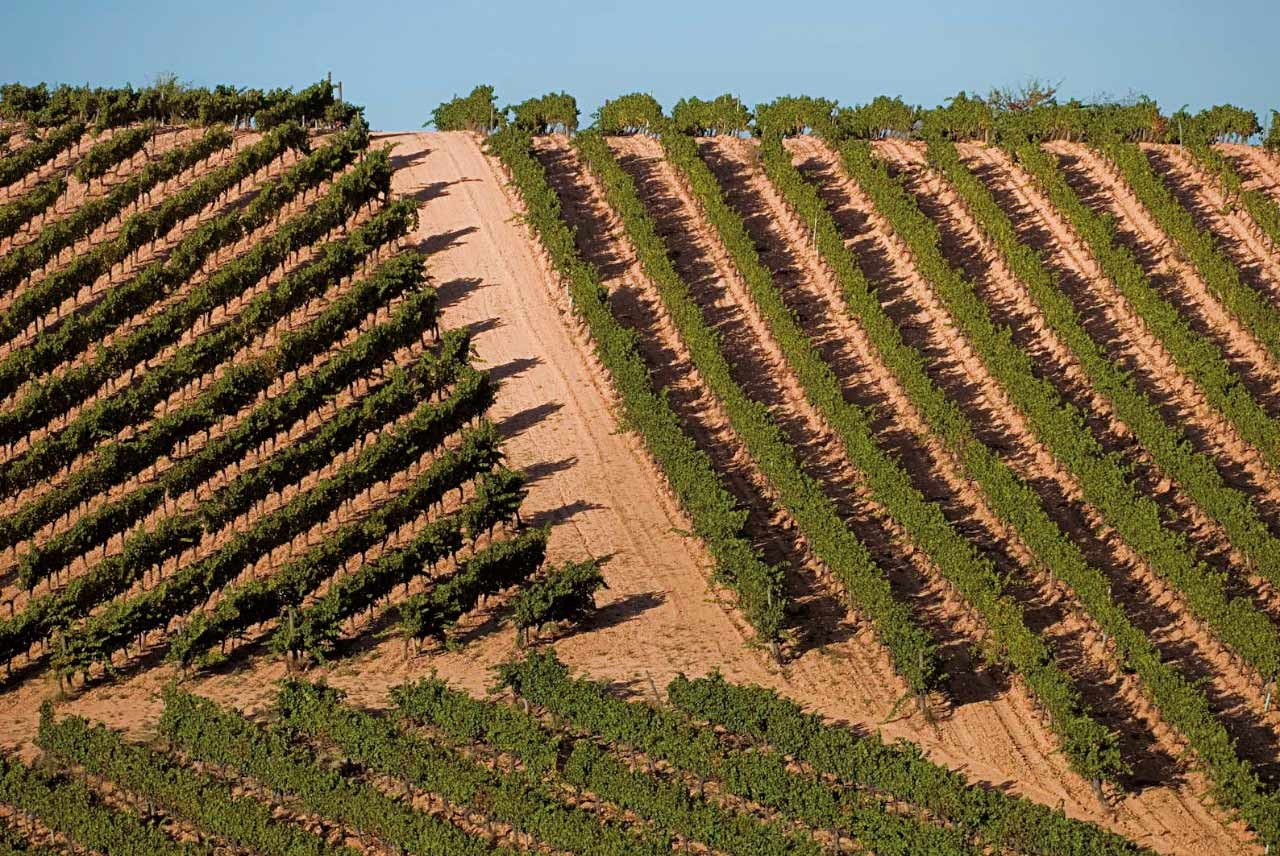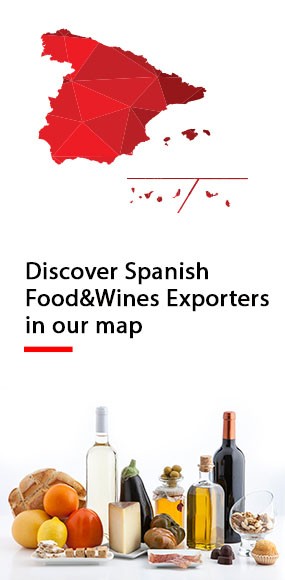.png.transform/rendition-xs/image_image%20(1).png)
Sustainability, Organic Viticulture, and Biodynamics: 3 Wineries Leading The Way
Did you know that Spain has the most acreage of organic vineyards worldwide, topping even France, Italy, and the United States? Thanks to its rich and varied soils, ideal climate conditions, and millennia-old traditions of sustainable winemaking practices—with techniques adopted long before chemical treatments even existed—Spain’s position as a leader in organic viticulture is well-established, and, surely, here to stay.

So what, exactly, does it mean to say that a wine is organic, biodynamic, or natural? Let’s dive in!
Organic viticulture tends to mean that no chemicals or synthetic products are used within the vineyard, with copper, sulfur, and other vegetable-based products permissible. Organic winemaking, to zero in more specifically, takes this one step further; these wines are produced with organic grapes and with only natural additives. While some still include sulfites (in lesser amounts) and natural additives and yeasts, the ‘organic’ wine certification tends to be highly regulated and ensures top quality—and sustainable—wine and winemaking from grape to bottle.
Biodynamic, on the other hand, is a further evolution of organic practices that views a vineyard as one ecosystem, all working in harmony This holistic (and somewhat spiritual, even dogmatic) approach involves practices having to do with lunar movements and the four elements. The goal is to create a self sustaining system and leave the land in better condition.Spanish wine offers a variety of world-class organic and biodynamic selections, from Gibraltar to Bilbao. Here are a few organic wines to try from some up-and-coming regions:
From Bierzo: Jose Antonio Garcia Unculin Tinto 2018 Mencía
The Jose Antonio Garcia winery uses hand-picking and leaves stems on some of the grape bunches for a full taste and fuller body. This wine uses indigenous natural yeasts for spontaneous fermentation (meaning little intervention) and sees four months of lee aging, and malolactic fermentation without topping up (meaning that the wine just rests, again with very little intervention) to form floral and red berry flavors. It is also bottled without filtration.
From Vinos de Madrid: Comando G Rozas de Puerto Real La Bruja de Rozas 2017 Garnacha
From the biodynamic-practicing Comando G winery, this wine is made from hand harvested grapes and sees natural yeast fermentation in open vats. This 100% Garnacha, from 60+ year old vines, expresses the variety's truest flavor—lots of fruit, with a strong backbone of acidity and tannin. The perfectly maintained granite soils also give this wine a distinct earthy note.
From Rías Baixas: Cepas Vellas Do Ferreiro 2017 Albariño
This certified organic wine is made from grapes that are destemmed and then cold soaked before being fermented with local yeasts. The cold soak lets the winemaker extract some color and flavor in an aqueous environment (i.e., without any chemicals at all, just water) without sacrificing any tannin. The result is a complex and intense white wine, with floral and mineral notes.

